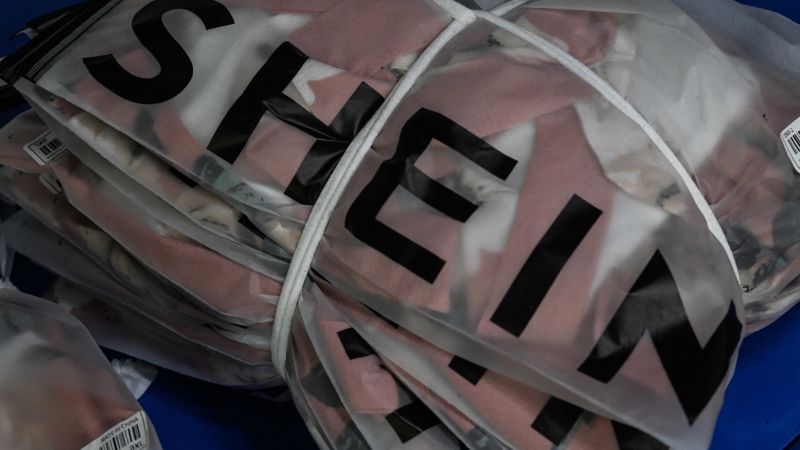A recent report by Public Eye, a Swiss human rights advocacy group, indicates that Shein, a Chinese fast-fashion company, is still struggling with excessive working hours in its supply chain. Workers in some factories supplying Shein are working 75-hour weeks, with employees averaging 12 hours a day, six or seven days a week. Despite promises to address the issue, the working conditions have not improved since the initial report in 2021. The wages of workers at these factories have also remained low, falling well below the Asia Floor Wage Alliance’s living wage for China.
Public Eye’s investigation involved interviewing 13 textile workers employed at six factories in Guangzhou, a region in southern China. The group established that these factories were Shein suppliers through employee responses and the presence of Shein products. Workers reported long hours and minimal pay, with one employee saying they work from 8 am to 10.30 pm daily and only take one day off each month due to financial constraints. Despite the challenging conditions, Shein claims that it does not recognize many of the allegations in Public Eye’s report and emphasizes its ongoing efforts to improve its supply chain.
In response to allegations of labor exploitation, Shein announced plans to invest $15 million to upgrade hundreds of factories belonging to its suppliers. The company stated that it has seen improvements in supplier compliance through regular audits. Shein’s code of conduct for suppliers prohibits staff from working more than 60 hours per week, including overtime, and mandates at least one day off a week. Public Eye noted an increase in surveillance cameras in the factories, leading some workers to believe that recordings are sent to Shein in real-time to enforce rules. The investigators also observed young workers, possibly as young as 14 or 15 years old, performing simple tasks in some of the factories.
Shein reiterated its commitment to investing in governance and compliance within its supply chain, acknowledging the importance of addressing working conditions and pay for employees. The company highlighted its engagement with thousands of suppliers and workers as part of its continuous improvement process. Despite the challenges highlighted in Public Eye’s report, Shein remains focused on making substantial investments in areas that will enhance supplier performance and ensure compliance with its code of conduct. The company’s efforts to address labor exploitation allegations demonstrate a commitment to improving working conditions and ensuring that workers are treated fairly.
In conclusion, the recent report on Shein’s supply chain sheds light on ongoing challenges related to excessive working hours and low wages for employees in some factories. Public Eye’s investigation highlights the need for continued efforts to improve working conditions and ensure fair pay within Shein’s supply chain. The company’s response to the allegations, including plans to invest in factory upgrades and strengthen compliance measures, reflects a commitment to addressing these issues. As the fashion industry continues to face scrutiny over labor practices, Shein’s investment in improving supplier performance and compliance sets a positive example for the industry as a whole.













